
Mindy Weisberger
Mindy Weisberger is an editor at Scholastic and a former Live Science channel editor and senior writer. She has reported on general science, covering climate change, paleontology, biology and space. Mindy studied film at Columbia University; prior to Live Science she produced, wrote and directed media for the American Museum of Natural History in New York City. Her videos about dinosaurs, astrophysics, biodiversity and evolution appear in museums and science centers worldwide, earning awards such as the CINE Golden Eagle and the Communicator Award of Excellence. Her writing has also appeared in Scientific American, The Washington Post and How It Works Magazine. Her book "Rise of the Zombie Bugs: The Surprising Science of Parasitic Mind Control" will be published in spring 2025 by Johns Hopkins University Press.
Latest articles by Mindy Weisberger
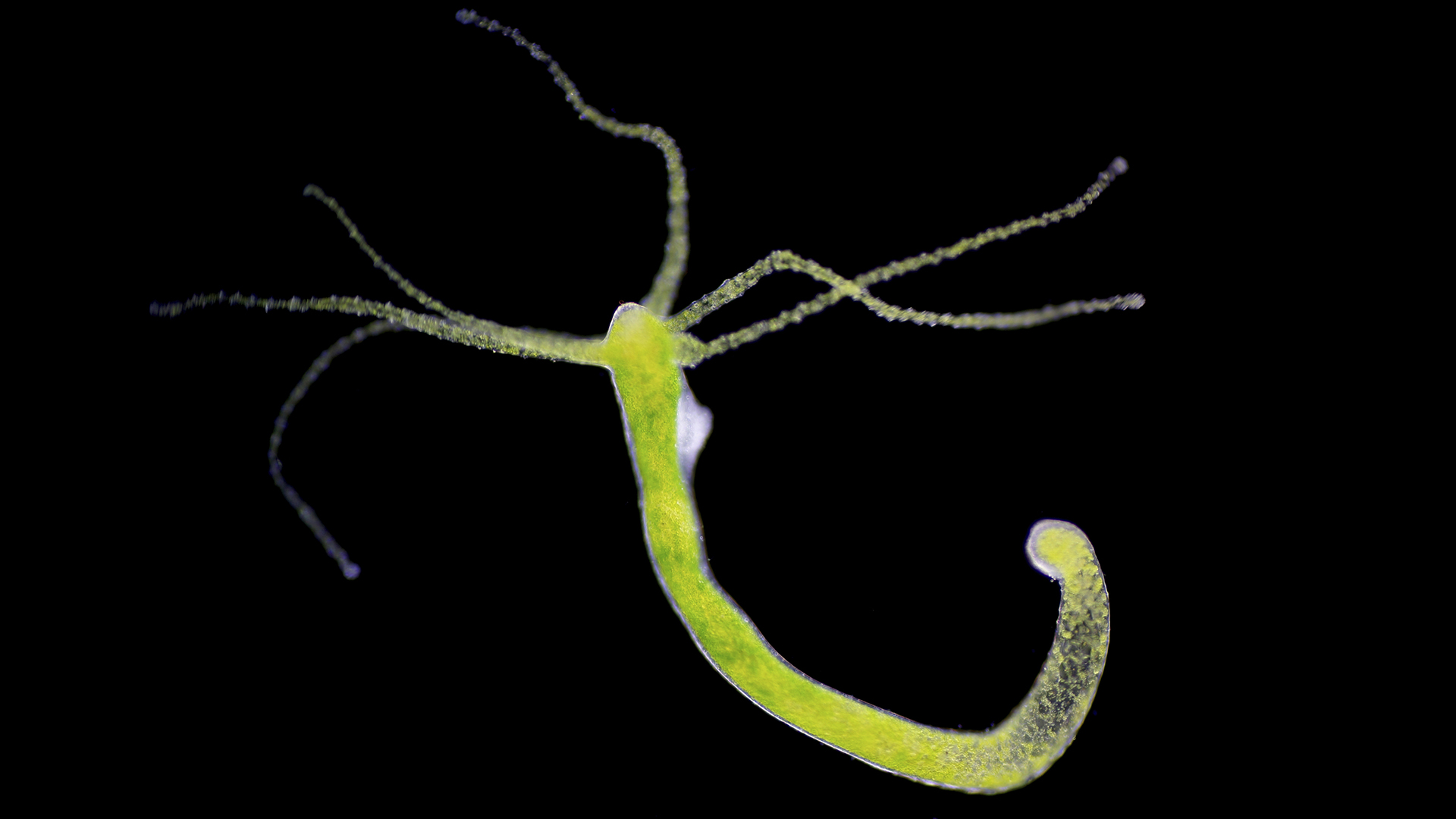
Here's the secret to how 'immortal' hydras regrow severed heads
By Mindy Weisberger published
For the first time, scientists have created a genetic map showing how hydras regenerate their own heads.
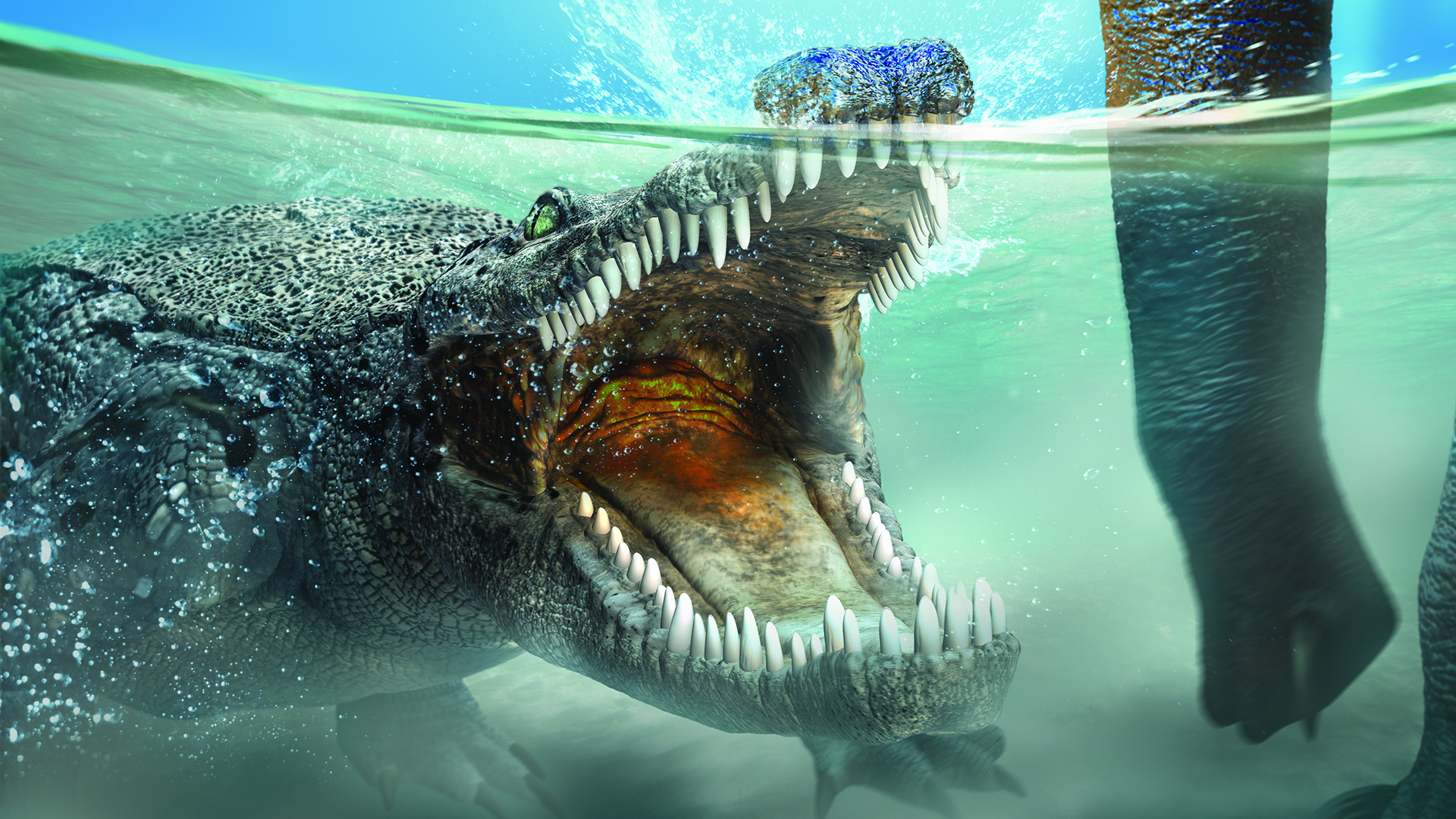
Jurassic crocodile relative could breathe easily while drowning its prey
By Mindy Weisberger published
The modern crocodile can breathe while most of its head is submerged because of specialized airway adaptations, which scientists can now trace to the Jurassic period.
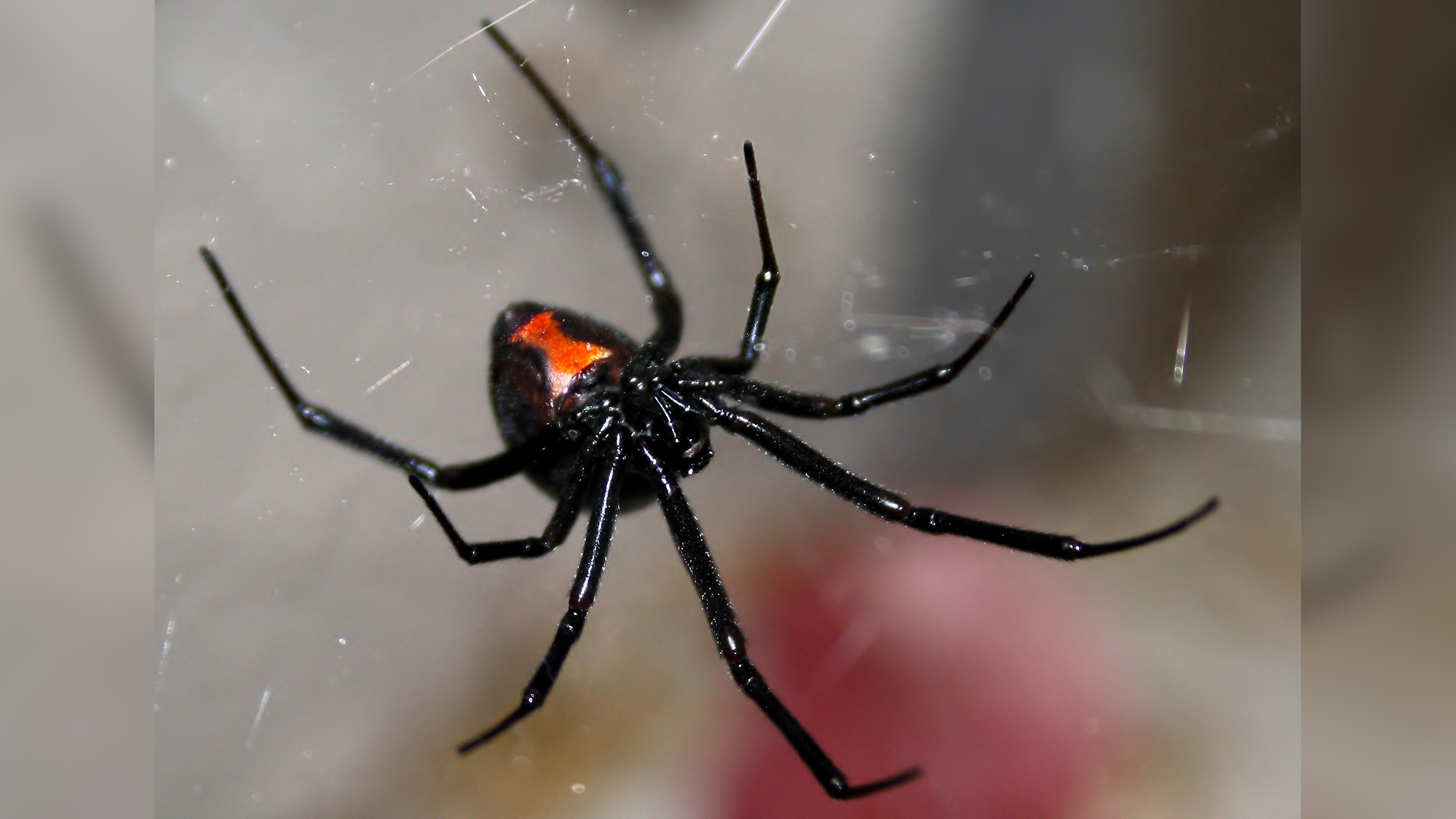
Black widow spiders: Facts about this infamous group of arachnids
By Mindy Weisberger, Jessie Szalay published
Black widow spiders are several species of arachnids in the genus Latrodectus that are known for the females' striking appearance and rumored tendency to eat their mates.

More than 300 smuggled tarantulas, scorpions and giant cockroaches seized from luggage in Colombia
By Mindy Weisberger published
Authorities at Colombia's airport in Bogotá found and confiscated hundreds of arthropods that German travelers had illegally collected and stashed in a suitcase.

Was Stonehenge constructed by builders fueled on 'energy bars'?
By Mindy Weisberger published
Historians have found tasty new evidence that the people who built Stonehenge supplemented their meat and dairy diets with nut and fruit "energy bars" made with animal fat.
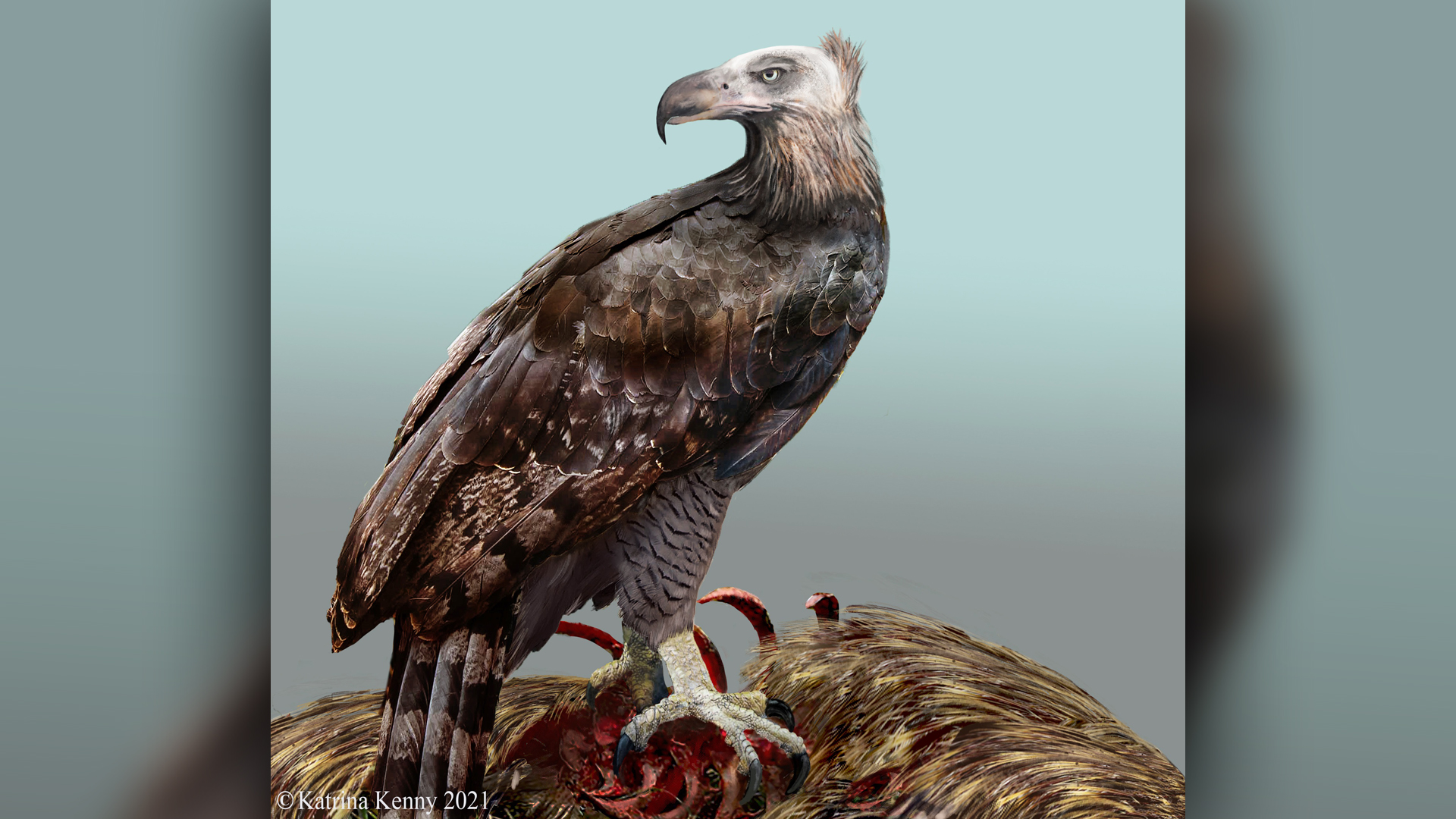
Biggest eagle to ever live plunged headfirst into dead prey to eat the organs
By Mindy Weisberger published
Haast's eagle may have hunted large prey like an eagle, but its eating habits — targeting the internal organs — were more like those of a vulture.

What is fascism?
By Mindy Weisberger published
Reference Fascism is a political ideology usually characterized by authoritarianism and nationalism. However, many scholars say the concept is difficult to define.

NASA's asteroid-deflecting DART mission just launched on a one-way trip to collide with a space rock
By Mindy Weisberger published
The DART spacecraft launched this morning on its mission to the binary asteroid Didymos, where it will collide with the space rock for science.

Evidence of Hanukkah's Maccabee rebellion unearthed in Israel
By Mindy Weisberger published
More than 2,000 years ago, a guerrilla army of Jewish rebels stormed and defeated a stronghold of the occupying Seleucid Empire.
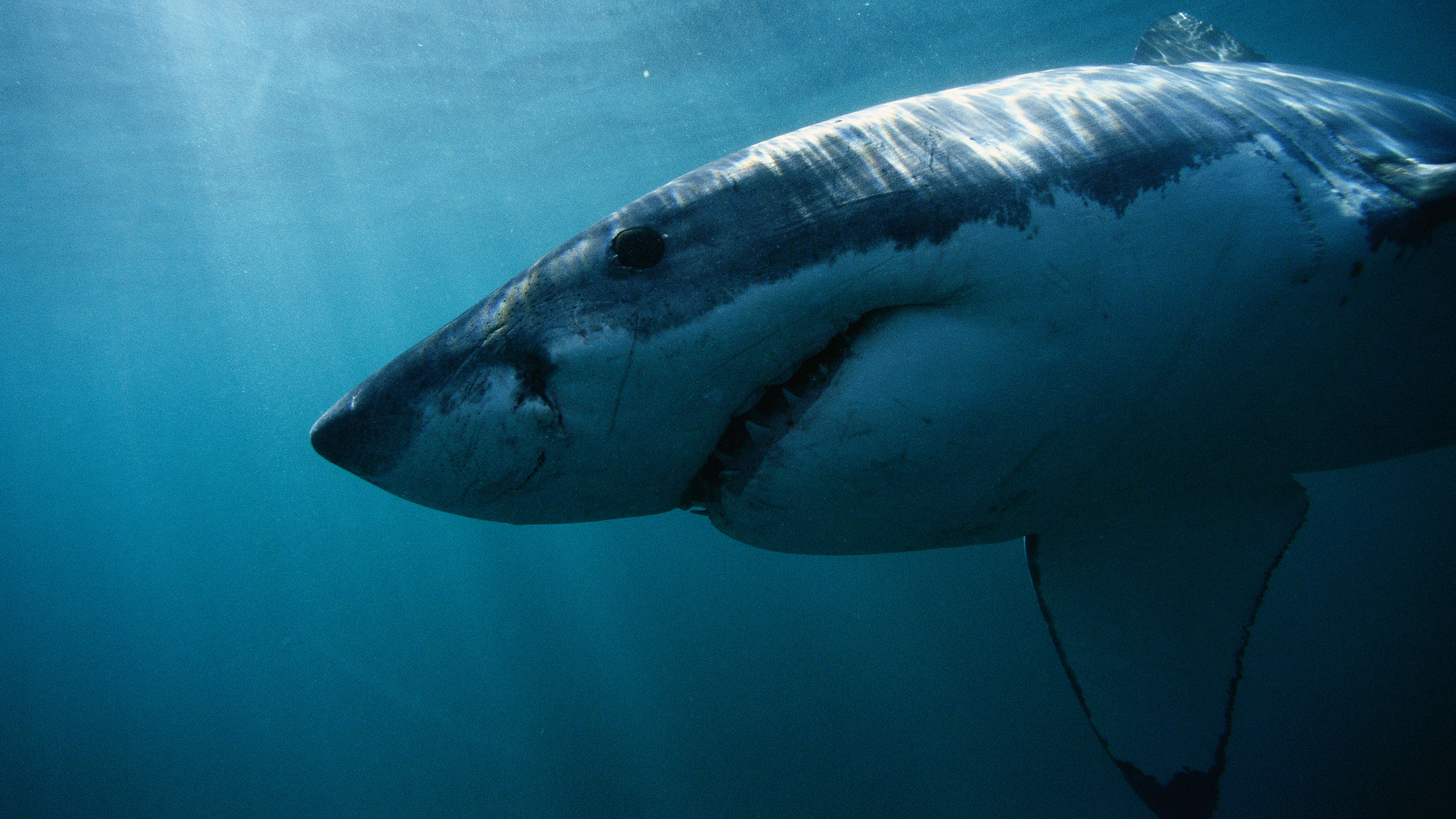
Video captures great white shark's gruesome attack on a seal near Cape Cod
By Mindy Weisberger published
A great white shark attacks a seal near Cape Cod, and video captured the gory battle.

NASA's launching a one-way mission to crash into an asteroid: Here's how to watch.
By Mindy Weisberger published
When NASA launches the DART mission on Nov. 24, the spacecraft will embark on a months-long journey toward a distant asteroid target.
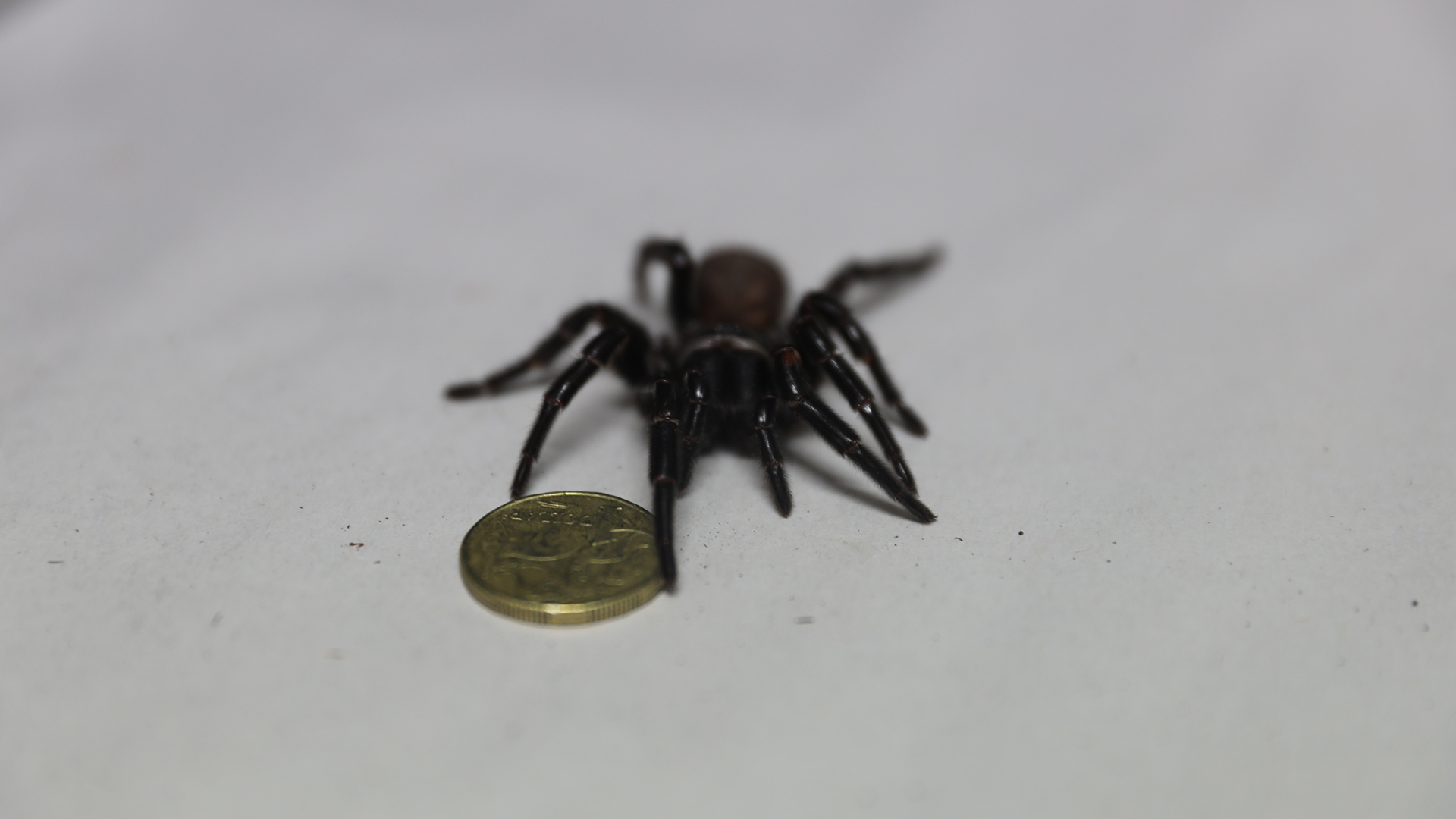
Deadly and massive 'Megaspider' found in Australia has fangs that can puncture a fingernail
By Mindy Weisberger published
The Australian Reptile Park recently welcomed the biggest funnel-web spider that the keepers had ever seen.
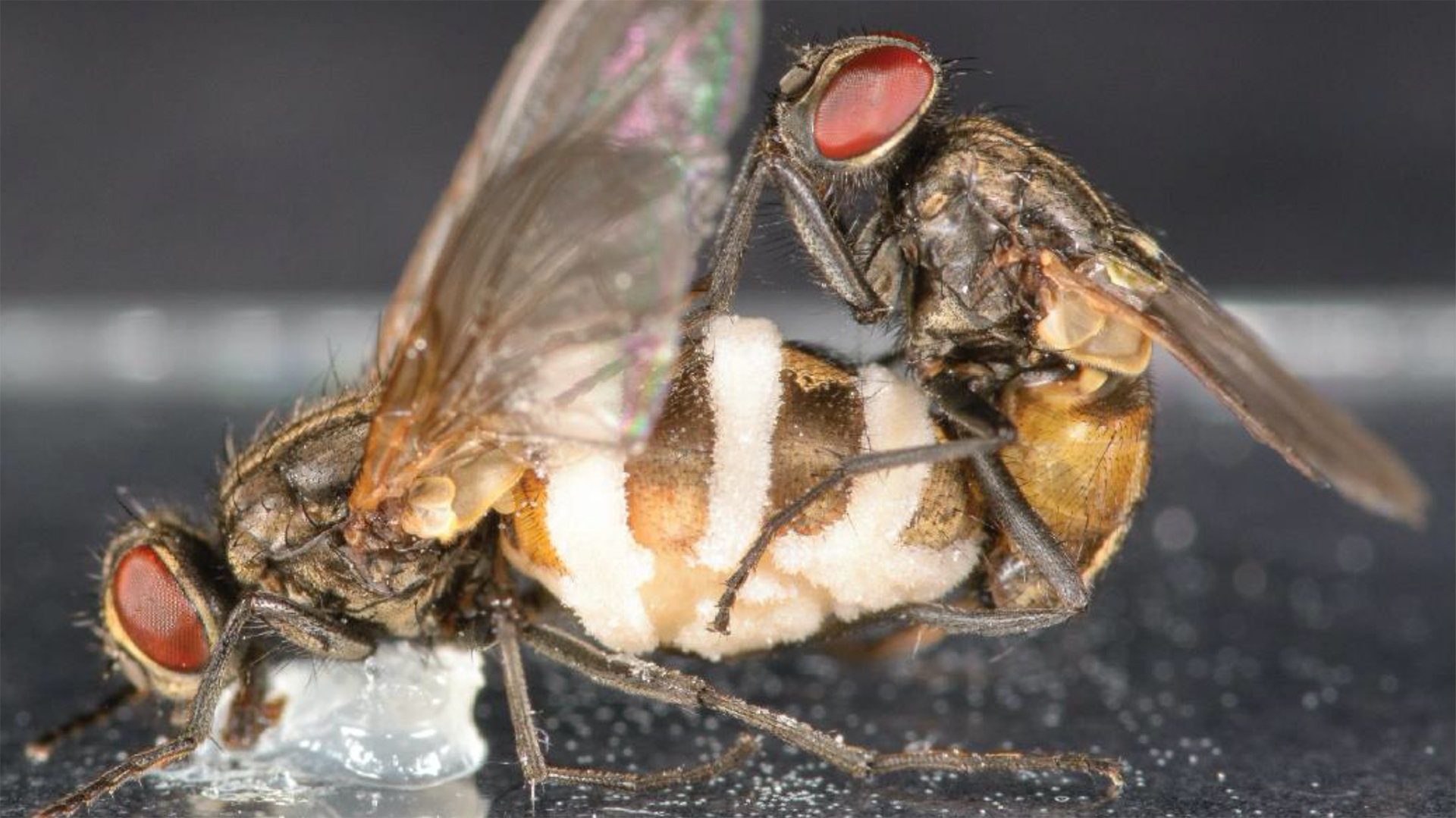
Mind-controlling fungus makes male flies mate with dead, infected females
By Mindy Weisberger published
The pathogenic fungus Entomophthora muscae doesn't just kill the flies it infects; it also turns males into sex-crazed necrophiliacs.
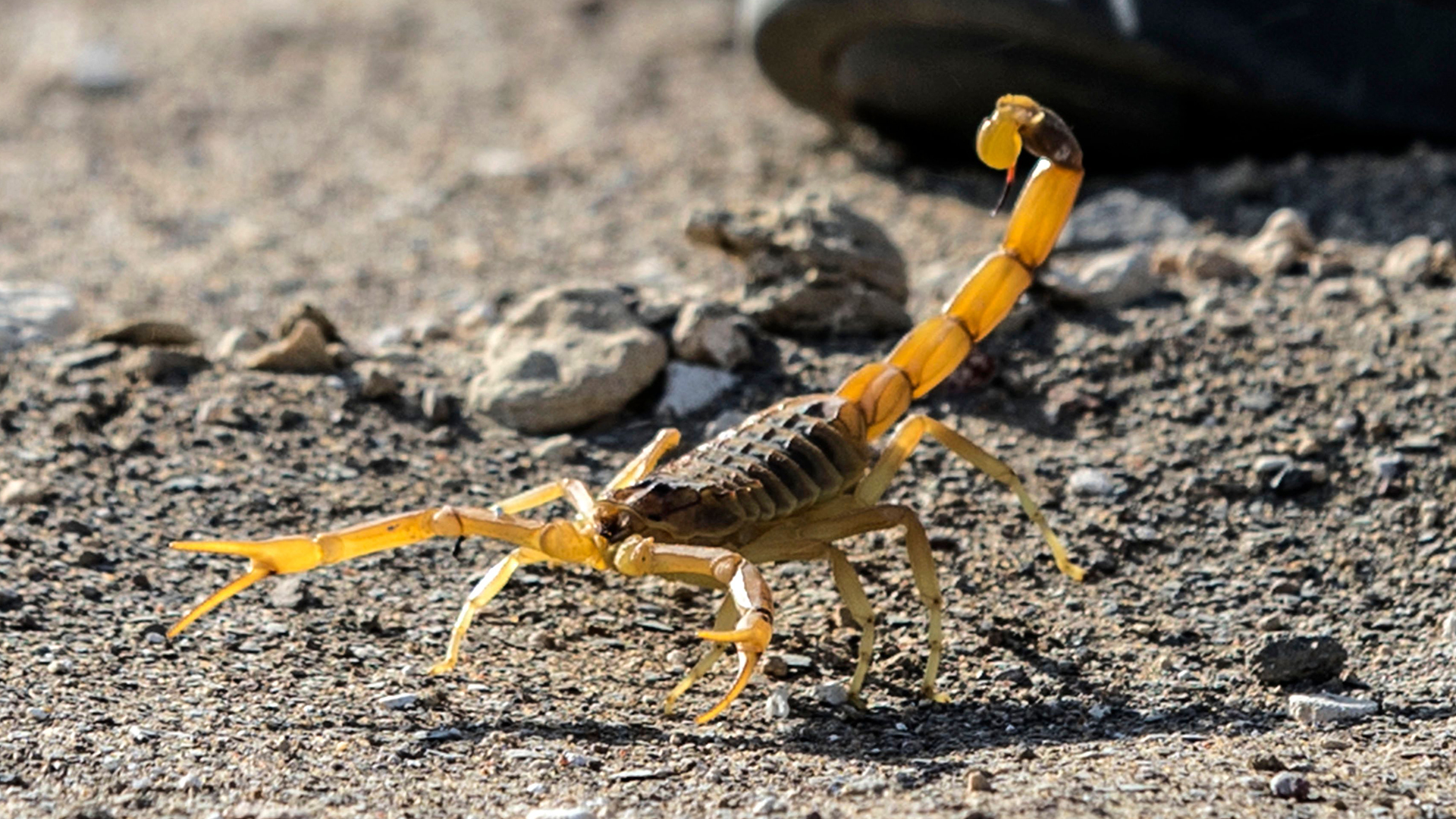
Scorpions flood Egyptian villages after storm, sting and hospitalize hundreds
By Mindy Weisberger published
Venomous fat-tailed scorpions stung more than 500 people after heavy storms disrupted their habitats and brought the deadly arachnids closer to people.

Bees 'shriek' when attacked by giant cousins of 'murder hornets'
By Mindy Weisberger published
Asian honey bees rally against giant hornet invasions with an acoustic response that resembles the alarm shrieks of birds, primates and other social mammals.

Brutal murder in 1908 that inspired 'Twin Peaks' is still a cold case
By Mindy Weisberger published
Authorities never found the killer of a young woman whose homicide inspired the story of doomed Laura Palmer. A new book pieces together clues about her murder.

Ancient 'hangover prevention' ring found in Israel
By Mindy Weisberger published
Archaeologists recently discovered a ring set with a purple stone, possibly an amethyst, that may have been worn to prevent the pain of a hangover.
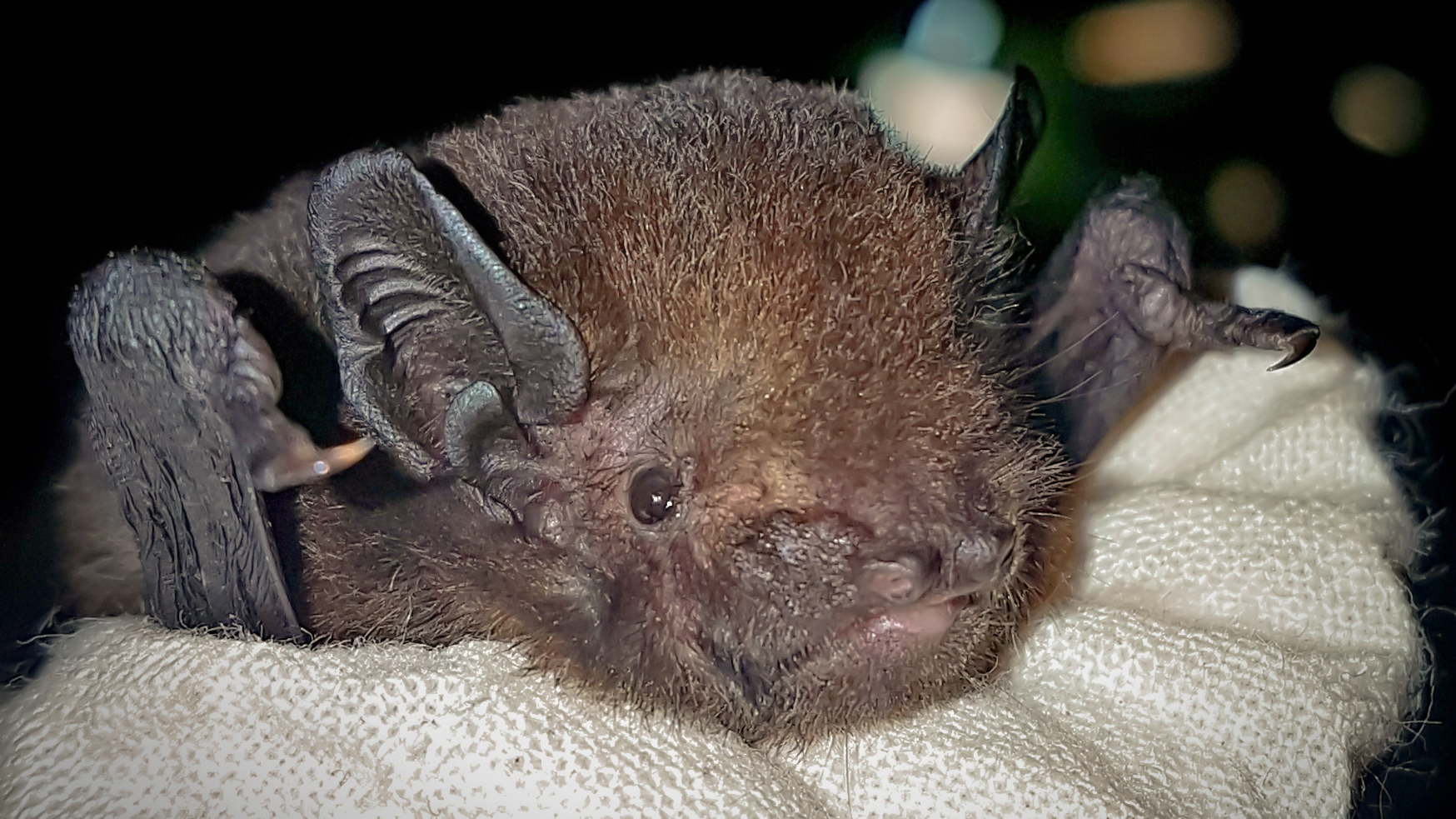
Fowl play? 'Bird of the Year' winner in New Zealand contest is a bat
By Mindy Weisberger published
New Zealand's long-tailed bat recently earned a very unlikely accolade.

An asteroid barely missed Earth last week, and no one knew it was coming
By Mindy Weisberger published
Asteroid 2021 UA1, a space rock about the size of a refrigerator, made a surprise appearance when it recently flew past Earth.

Critically endangered condor chicks are species' 1st known 'virgin births'
By Mindy Weisberger published
Genetic analysis recently showed that California condors can reproduce asexually.

Are these ancient ruins in Honduras the legendary 'White City'?
By Mindy Weisberger published
Filmmakers documented the expedition to a remote part of the Honduran rainforest in La Mosquitia.

Henry VIII's favorite ship has a bacteria problem, and now scientists have ID'ed the culprits
By Mindy Weisberger published
Acid attacks from sulfur-producing bacteria could eat away at the preserved hull of a ship that was once the pride of King Henry VIII's armada, scientists recently discovered.

'Lost extinction,' uncovered for the first time, claimed more than 60% of Africa's primates
By Mindy Weisberger published
More than half of the species in five mammal groups went extinct in Africa about 34 million years ago, scientists recently discovered.
Sign up for the Live Science daily newsletter now
Get the world’s most fascinating discoveries delivered straight to your inbox.


